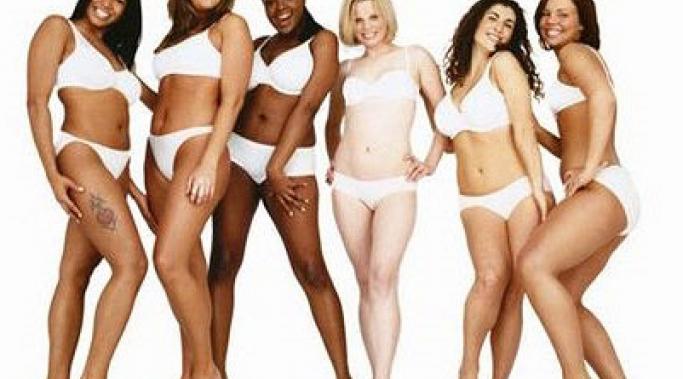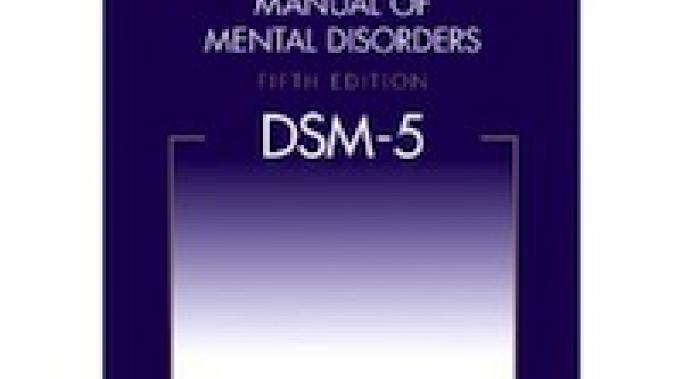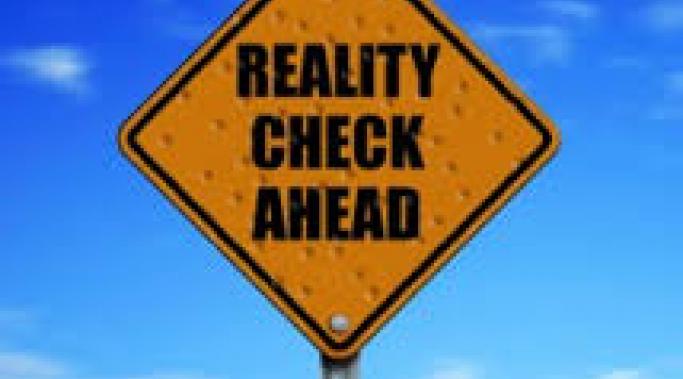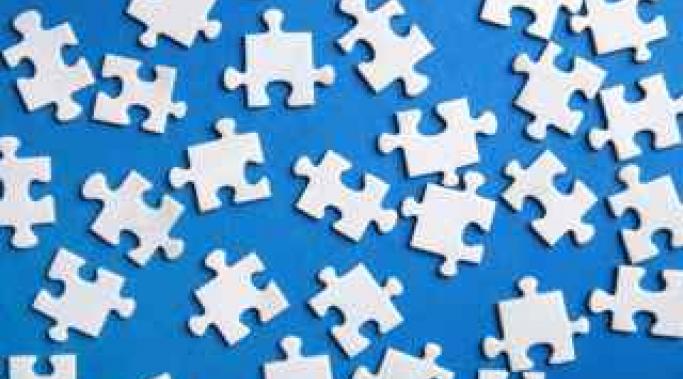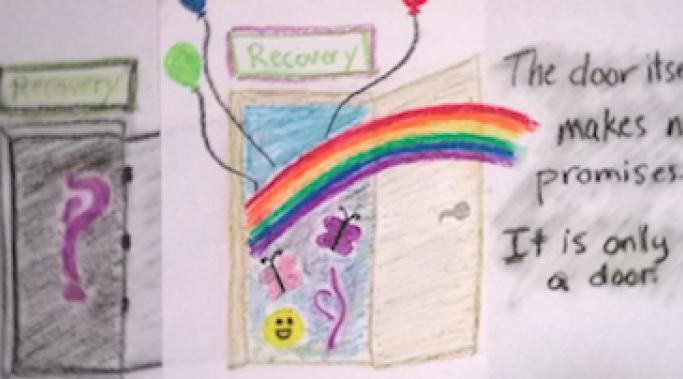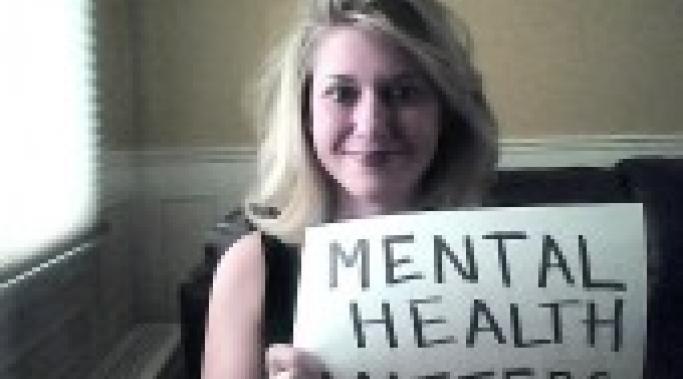Patricia and I have both written before about the long, slow process of coming to acceptance of your body in your eating disorder recovery. However, it occurred to me that one of the most helpful things in my early recovery from anorexia, was a list of very down-to-earth, very practical do's and don't's for dealing with my changing body. Some of these are things I still use today if I'm having a rough body image day.
Eating Disorders Treatment
One of the most exhausting things about having an eating disorder is the non-stop racket in your brain. And while some of that chatter is about calories, food, and exercise - a lot of it is how you compare with other people.
Is s/he skinnier than I am? She's eating a salad - she must think I'm so fat for eating a sandwich. So-and-so used to spend X hours at the gym - I only spent Y.
More than anything, I just wanted my brain to shut up.
In a lot of ways, the eating disorders section of the Diagnostic and Statistical Manual of Mental Disorders improved drastically in the 2013 edition (the DSM-5). Binge eating was given its own diagnosis, finally allowing millions of Americans to hear the "me too" of not being alone in their struggle. People were finally able to see that they were sick (and stop shaming themselves), which is a huge step in the road to healing. Unfortunately, I can't consider all of the changes in this most recent edit as progress.
One of the major adjustments I've had to deal with in the last 6 years since I've started recovery from bulimia, has been to accept and love how my body looks and feels without abusing it the way I did for years. Because I suffered from bulimia and not anorexia, it was easier to hide at the time that I was suffering from an eating disorder, because I still looked 'normal' and maintained almost the same weight for a few years.
I recently found myself doing quite a bit of traveling for work and being sleep deprived due to layovers, long flights and work related events. Inevitably, when it seems like my life is going too fast, I start feeling nervous about my food intake.
In a lot of ways, "eating disorder recovery" is a sort of vague, amorphous thing. How many times have you (or your loved one) said, "I just want to be recovered already!" Or is that just me? In one of my journals from early recovery I wrote, "I want a magic pill, a prayer, a chant -- something I can say or do and wake up the next morning and be normal."
I suffered from a mental illness for many years and at the time, felt powerless against it. My eating disorder, bulimia consumed every aspect of my life. Now 5 years into the recovery process, I stay recovered by maintaining a level of self-care that goes way beyond simply avoiding triggers and practicing coping skills. Without self-care, my recovery would be compromised.
If this is your first time attempting recovery from your eating disorder, a lot of what an eating disorder dietitian will help you with is understanding why your body needs to be fed what it does. For a while now, your mind has convinced you that your body does or doesn't need that or fats are the devil or white bread makes you fat or whatever. None of it's true. Food is just fuel. And every macronutrient (protein, fat, carbohydrate) has a very specific purpose in your body -- you need all of them every day in order to maintain a healthy, functioning body and brain. The dietition you see in eating disorder recovery is an important person on your treatment team.
On Tuesday, I started studies for my Master's degree. (In expressive arts therapy, if you were wondering.) And around the country, schools and universities are returning to session and one of the most common "get-to-know-you" questions is "What did you do this summer?" If you were lucky enough to go to an eating disorder treatment center during the summer months, or during a school break, you might be able to make something up. But what if you're in a career and just had to take off three or six months for eating disorder treatment? How do you explain that?
I have been getting a lot of questions on social media and in-person about the role eating disorder therapists have played in my recovery. This week, I’d like to share a few tips that are based on my personal experience of finding the right eating disorder professionals throughout my journey. It was an essential, yet very stressful, process. I have had to switch eating disorder therapists a few times, mainly due to reasons related to insurance coverage, relocation on either my end or theirs, as well as the need to seek out more specialized care at different points in my eating disorder recovery process.
